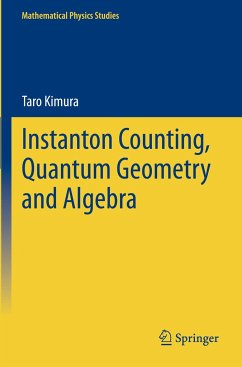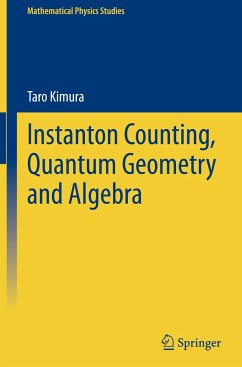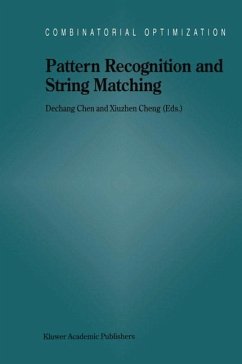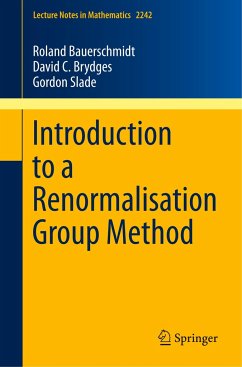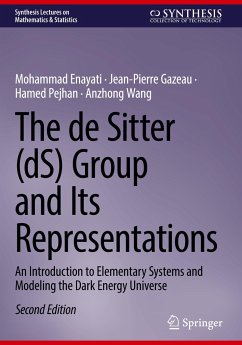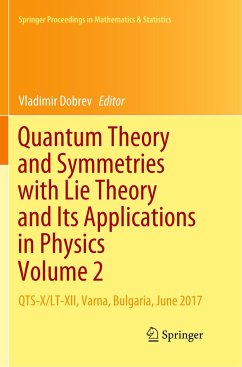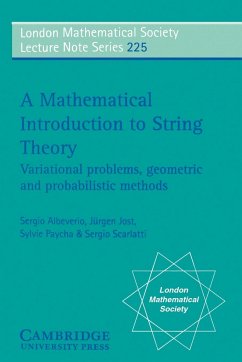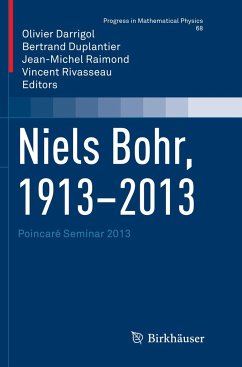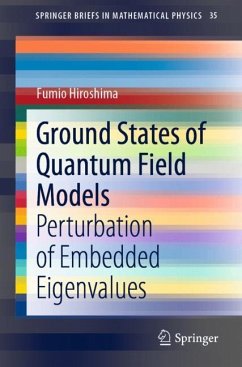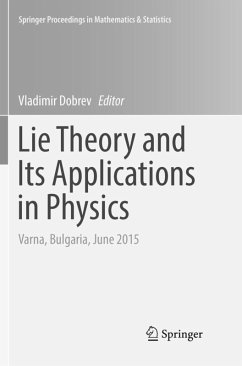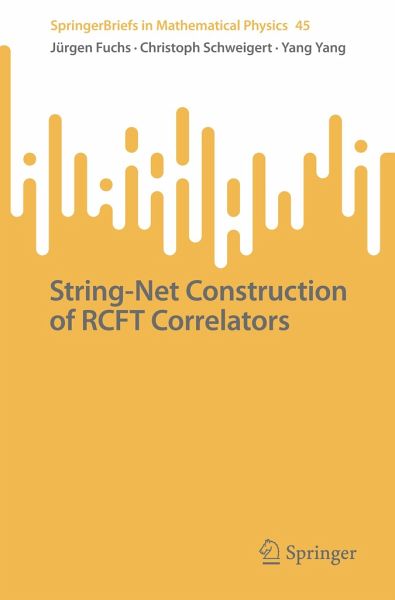
String-Net Construction of RCFT Correlators

PAYBACK Punkte
19 °P sammeln!
This book studies using string-net models to accomplish a direct, purely two-dimensional, approach to correlators of two-dimensional rational conformal field theories. The authors obtain concise geometric expressions for the objects describing bulk and boundary fields in terms of idempotents in the cylinder category of the underlying modular fusion category, comprising more general classes of fields than is standard in the literature. Combining these idempotents with Frobenius graphs on the world sheet yields string nets that form a consistent system of correlators, i.e. a system of invariants...
This book studies using string-net models to accomplish a direct, purely two-dimensional, approach to correlators of two-dimensional rational conformal field theories. The authors obtain concise geometric expressions for the objects describing bulk and boundary fields in terms of idempotents in the cylinder category of the underlying modular fusion category, comprising more general classes of fields than is standard in the literature. Combining these idempotents with Frobenius graphs on the world sheet yields string nets that form a consistent system of correlators, i.e. a system of invariants under appropriate mapping class groups that are compatible with factorization. The authors extract operator products of field objects from specific correlators; the resulting operator products are natural algebraic expressions that make sense beyond semisimplicity. They also derive an Eckmann-Hilton relation internal to a braided category, thereby demonstrating the utility of string nets for understanding algebra in braided tensor categories. Finally, they introduce the notion of a universal correlator. This systematizes the treatment of situations in which different world sheets have the same correlator and allows for the definition of a more comprehensive mapping class group.



